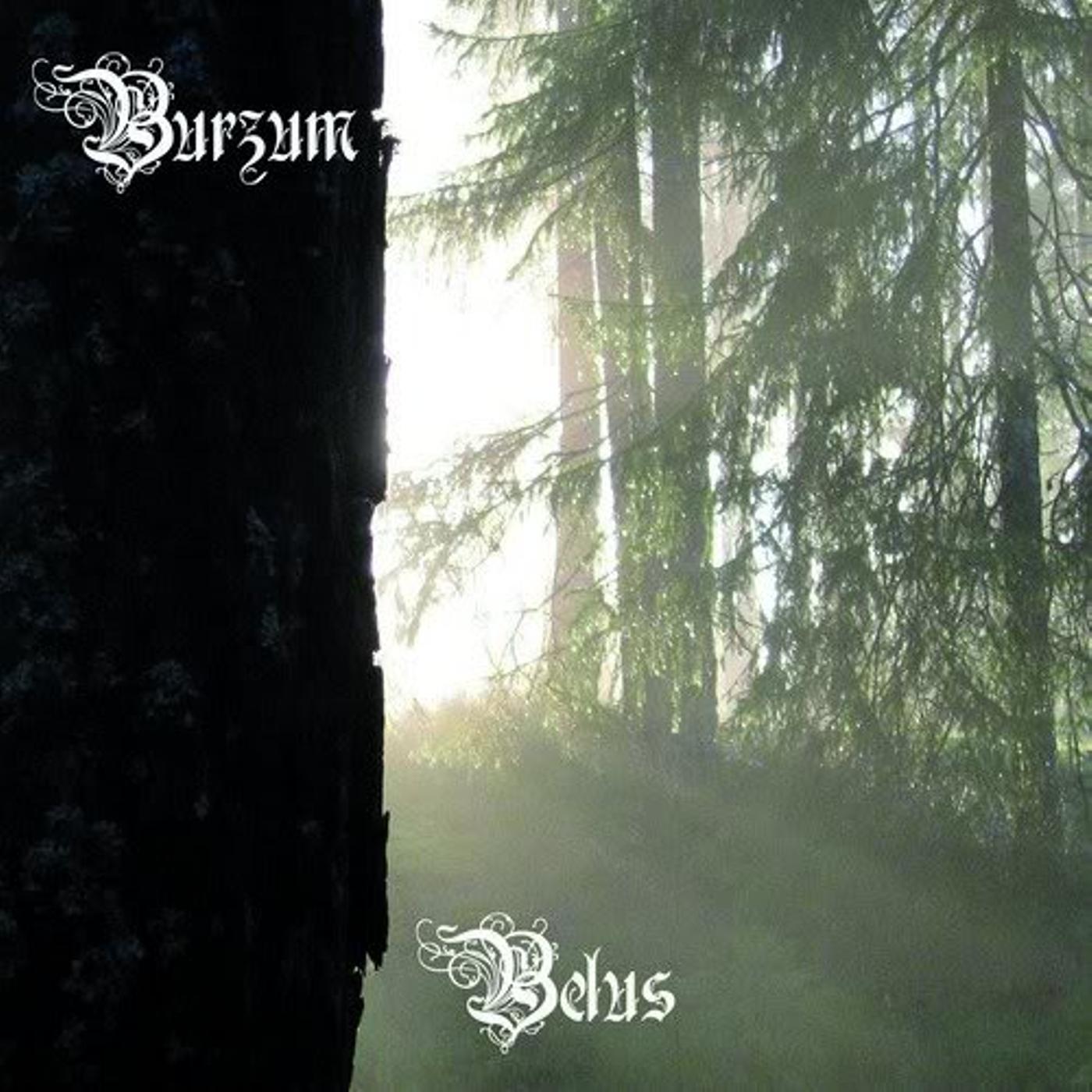
If you can overlook Varg’s psychotic history and appreciate Burzum for what it is, a great atmospheric black metal band, then you’ll enjoy this album. Burzum has always been one of those iconic black metal acts. Like Mayhem and Darkthrone, Burzum’s a beginner’s introduction to the Norwegian genre of black metal. The band has always been surrounded by a shroud of darkness. From church burnings to the death of Euronymous, Varg has always attracted the wrong kind of attention. After he was convicted of murder and arson, he went to jail, where he worked on solo projects; It was just Varg and a keyboard in jail.
Before this time, he recorded multiple albums, including Filosofem in 1993, prior to his imprisonment in 1994. In all honesty, I wasn’t ever really into anything post-Filosofem. After that album, Varg got a little too abstract for me. I couldn’t connect with the music and it lacked the intensity that Jesus’ Tod brought to the black metal scene.
After prison time and an 11-year hiatus, Varg “Count Grishnackh” Vikernes is back at it. Here’s where I put a disclaimer out there; I am in no way advocating Varg’s antisemitism. There was a huge upset over the title for his new album, Belus, which can be translated roughly to “The White God”. Knowing his background, some might say it was intentional, but Varg has stated that Belus is the “name of the ancient European solar deity of light and innocence”. He goes on to clarify the following:
“The new title of the album is, as You might have guessed from the title of this article, “Belus”, the so-called Indo-European name for Baldur/the White God. I could have used any European name for this deity, but I chose this one because it is the oldest known name and because it is pan-European.”
What Belus does for Burzum might be called a revival for Varg’s credibility as a musician. The album is easily the best album Vikernes has ever produced. All 50 minutes are laced with intensity and there’s never a dull moment. Recorded entirely in Norwegian, Belus begins to embody the essence of Norwegian black metal. Regardless to Varg’s claim that the album transcends all genres, the similarities between Belus and Hvis Lyset Tar Oss are striking. Belus calls for a Norwegian Renaissance; dump the stage antics, wipe off the corpse paint and the extinguish the flames. Belus, through bringing light, intensifies the darkness. Varg has painted a new future for Burzum, one that exists through contrast. Like the album art implies, Burzum will live in the darkness but Belus brings a new light to the band.
As the final moments in Belus’ Tilbakekomst (Konklusjon) fades out, we’re reminded of the man before the mischief; Varg has done it again. Long live Norwegian metal!









